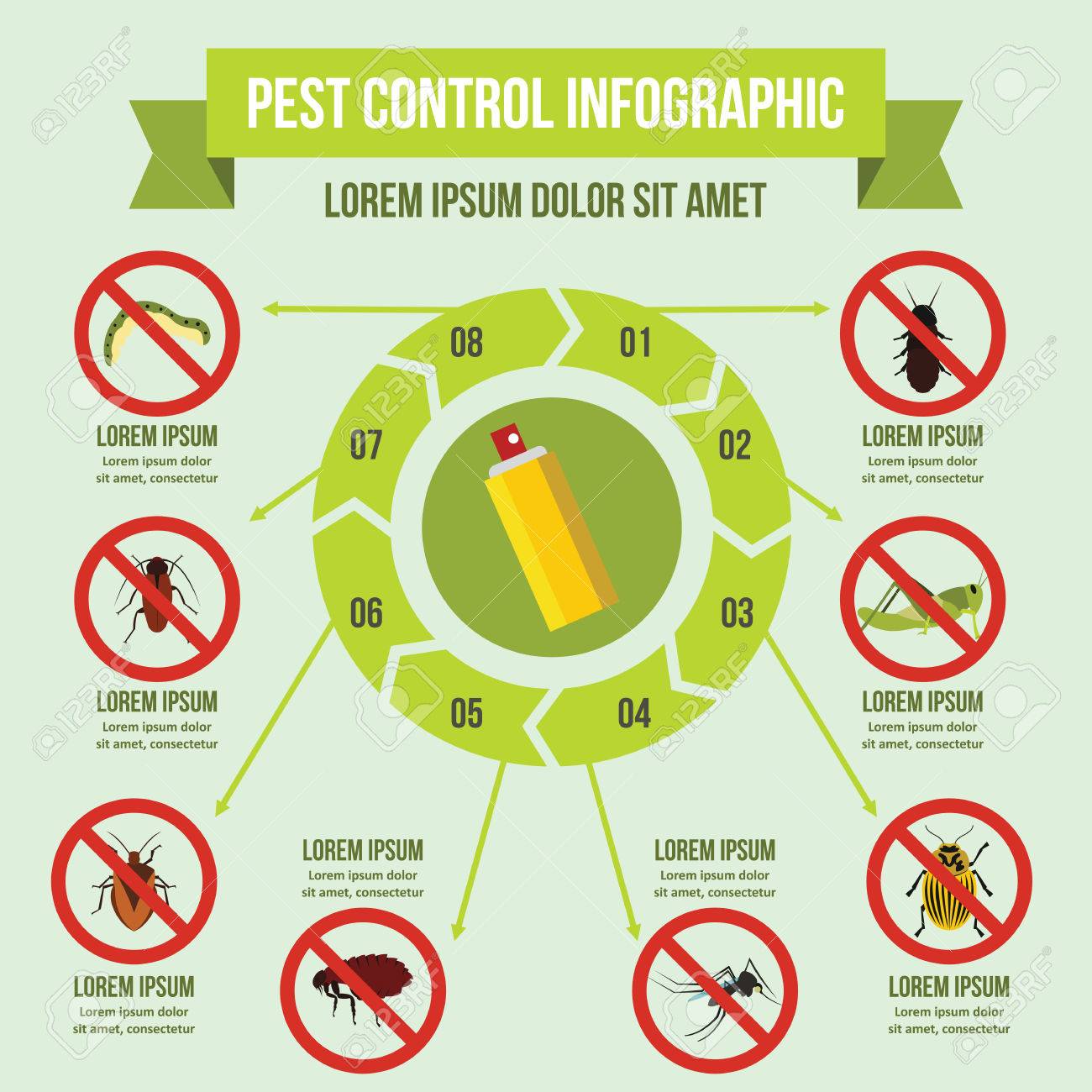Tips For Keeping Exterior Bugs Far From Your Yard
Tips For Keeping Exterior Bugs Far From Your Yard
Blog Article
Web Content Writer-Dunlap Sharma
Imagine your yard as a refuge, a location of serenity and beauty. Nevertheless, the visibility of exterior pests can swiftly interrupt this ideal picture. What happens if there were basic yet reliable methods to maintain these undesirable site visitors at bay and shield your yard oasis? By following a few functional ideas and applying all-natural techniques, you can develop a harmonious exterior space where your plants can grow uninterrupted.
Natural Parasite Deterrents
To keep insects far from your yard normally, plant fragrant herbs like mint and lavender. These fragrant plants not just add charm to your garden but additionally function as reliable bug deterrents. Bugs like insects, flies, and even some garden-damaging insects are repelled by the solid aromas produced by these natural herbs. Simply positioning them purposefully around your garden can help develop a natural barrier versus undesirable parasites.
In addition to mint and lavender, consider growing other natural herbs like rosemary, basil, and lemongrass to better improve your garden's pest-proofing abilities. These herbs not just serve as natural repellents however also have the included advantage of serving in food preparation or crafting self-made solutions.
Strategic Plant Placement
Consider the format of your garden and the kinds of plants you need to tactically position them for maximum pest-proofing efficiency.
Begin by grouping plants with comparable resistance to bugs together. By doing this, you can produce a natural barrier that deters bugs from spreading throughout your garden.
Furthermore, positioning pest-repelling plants like marigolds, lavender, or mint near more at risk plants can aid secure them. Tall plants, such as sunflowers or corn, can serve as a guard for much shorter plants against pests like rabbits or ground-dwelling pests.
Keep in mind to leave enough space between plants to enhance air flow and minimize the threat of conditions that pests may bring.
Additionally, think about growing strong-smelling natural herbs like rosemary or basil near prone plants to puzzle pests' senses and make it harder for them to find their targets.
Efficient Pest Control Techniques
For combating yard bugs successfully, implementing a multi-faceted bug control approach is essential. Begin by urging natural killers like birds, ladybugs, and hoping mantises to assist maintain bug populations in check. Presenting plants that attract these helpful insects can aid in parasite control. Furthermore, exercising excellent yard health by getting rid of particles and weeds where parasites could hide can make your garden less hospitable to undesirable site visitors.
Think about using physical obstacles such as row cover materials or netting to safeguard at risk plants from insects like caterpillars and birds. Applying natural chemicals like neem oil or insecticidal soap can also work against specific pests while being less damaging to advantageous insects and the atmosphere. https://www.arlingtontx.gov/news/my_arlington_t_x/news_stories/let_wildlife_be_wild to rotate your crops each season to avoid the build-up of pest populaces that target particular plants.
Regularly examine your plants for signs of insect damage so you can take action immediately. By combining these approaches and staying cautious, you can effectively manage garden bugs and delight in a successful, pest-free yard.
Verdict
So, there you have it - with the ideal techniques, you can maintain pesky outside insects far from your garden and help your plants thrive.
Did https://claytonnjdxt.like-blogs.com/26953541/puzzling-termites-might-be-inflicting-silent-turmoil-in-your-home-discover-the-low-profile-signs-before-it-s-far-too-late recognize that growing mint has been shown to repel insects and various other bugs, lowering the demand for dangerous chemicals by as much as 60%?
By incorporating natural deterrents and clever growing methods, you can produce an attractive and pest-resistant yard sanctuary for you to enjoy.
